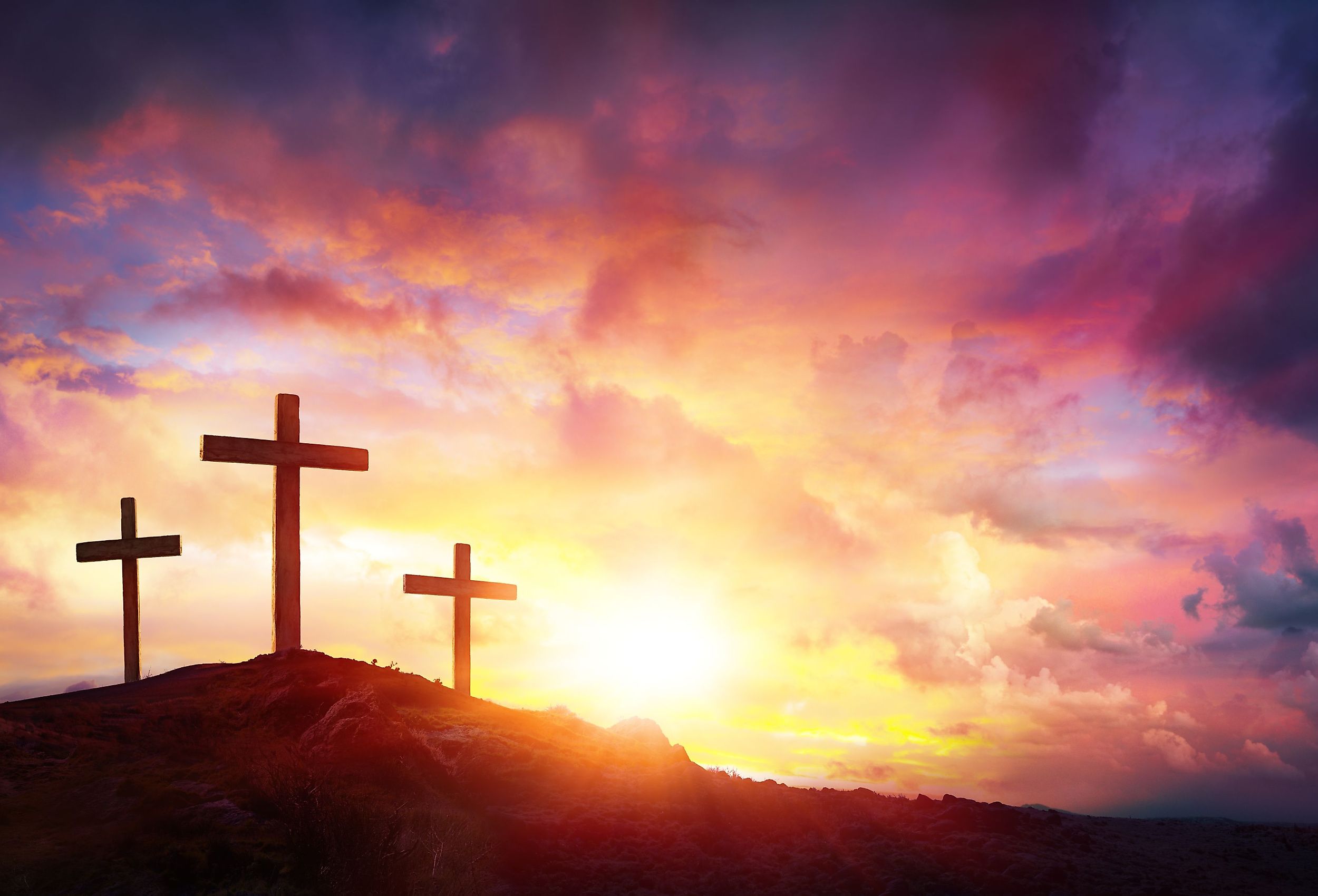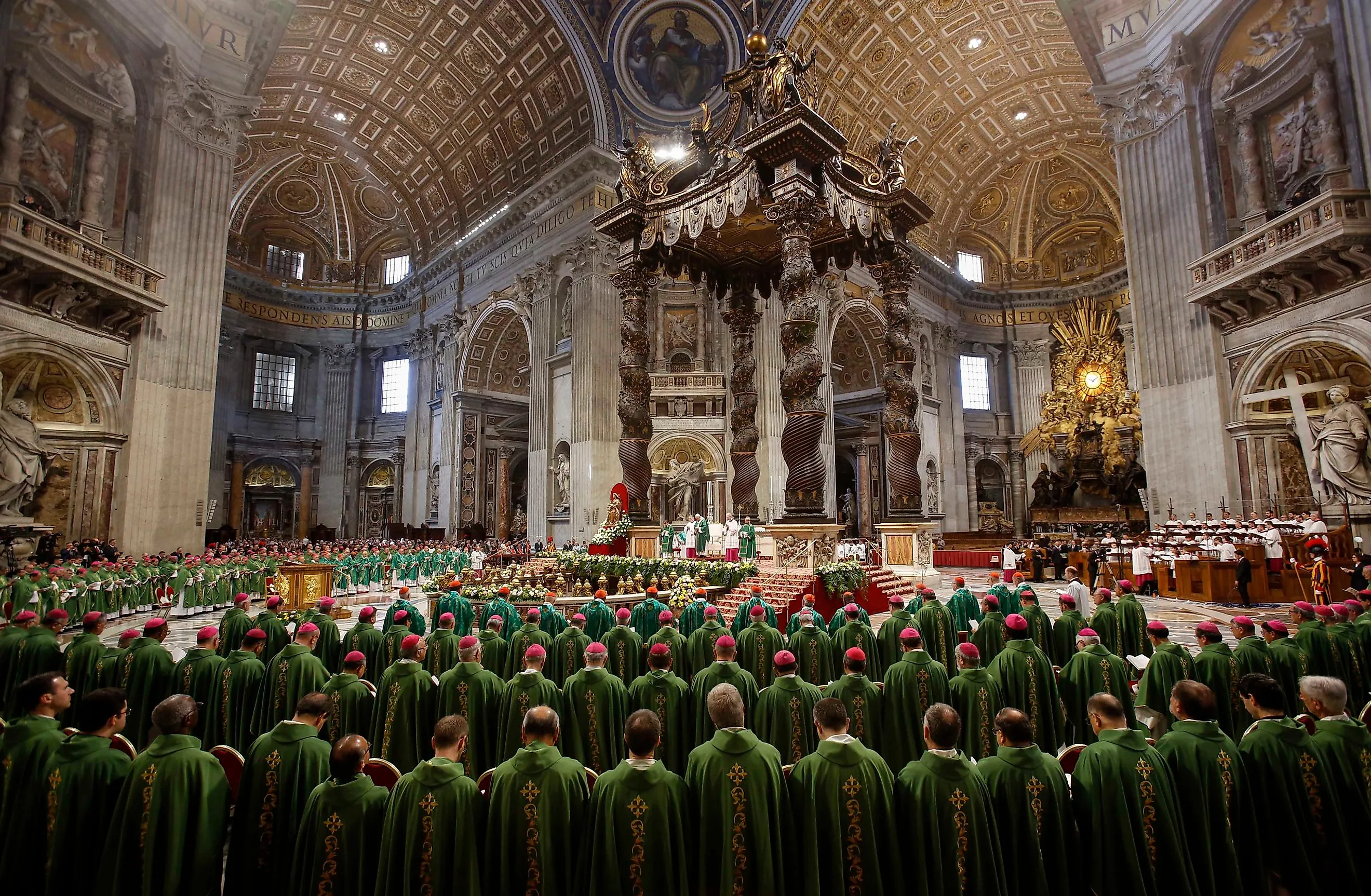Unveiling The Distinctions: Exploring The Differences Between Catholics And Christians
In the realm of Christianity, two of the largest and most influential denominations are the Catholic Church and Christianity. While both share the same Christian faith, there are significant differences between the two, often leading to confusion and misinterpretation among the faithful. In this article, we will delve into the distinctions between Catholics and Christians, exploring the history, theology, and practices that set them apart.
The Catholic Church is the largest Christian denomination in the world, with over 1.3 billion adherents. The Church is led by the Pope, who is considered the spiritual leader of the worldwide Catholic community. Catholics believe in the authority of the Bible and tradition, and their faith is built on the concept of sacraments, which include baptism, confirmation, Eucharist, and confession. The Catholic Church has a rich history, dating back to the apostolic era, and its practices and traditions are deeply rooted in its rich history.
On the other hand, Christianity is a broader term that encompasses many different denominations and sects. Christians believe in the authority of the Bible and the teachings of Jesus Christ, but their understanding of the faith and its practices can vary greatly. Christianity is a diverse and complex faith, encompassing everything from Protestantism to Orthodoxy, and from Evangelicalism to Liberalism.
One of the most significant differences between Catholics and Christians is the issue of sacraments. Catholics believe in seven sacraments, which are seen as means of grace and a way to communicate with God. These sacraments include baptism, confirmation, Eucharist, penance, anointing of the sick, holy orders, and matrimony. In contrast, many Christians do not recognize the authority of the seven sacraments, and their own faith is built on the idea of personal devotion and individual interpretation of scripture.
Another key difference between Catholics and Christians is the role of tradition in their faith. Catholics believe that tradition plays a vital role in their faith, and that it should be considered alongside scripture as a source of authority. In contrast, many Christians view tradition as secondary to scripture, and may not consider it to be an essential part of their faith.
Historical Differences
The historical differences between Catholics and Christians date back to the early Christian Church. The Catholic Church emerged from the apostolic era, with the apostles themselves playing a role in its development. The Church was led by the bishops, who were seen as the successors of the apostles. Over time, the Church developed its own traditions and practices, which were shaped by the cultural and historical context in which it existed.
In contrast, the Christian faith developed in a more decentralized and fragmented manner. The early Christian Church was marked by a sense of disunity and division, with different sects and denominations emerging over time. This led to a proliferation of different Christian denominations, each with its own unique practices and traditions.
The Protestant Reformation
One of the most significant events in the history of Christianity was the Protestant Reformation, which emerged in the 16th century. The Reformation was a movement that sought to reform the Catholic Church from within, but ultimately led to the creation of new Christian denominations. The Protestant Reformation was led by figures such as Martin Luther and John Calvin, who rejected certain Catholic traditions and practices.
The Protestant Reformation had a profound impact on the Christian faith, leading to a proliferation of different denominations and sects. Today, Christianity is a diverse and complex faith, encompassing everything from Evangelicalism to Liberalism.
The Eastern Orthodox Church
The Eastern Orthodox Church is another significant denomination within Christianity. The Orthodox Church emerged from the apostolic era, and has maintained many of its traditional practices and traditions. The Orthodox Church is led by the Ecumenical Patriarch of Constantinople, who is considered the spiritual leader of the worldwide Orthodox community.
The Orthodox Church has a unique set of traditions and practices, including the use of iconography and the veneration of the saints. The Orthodox Church also places a strong emphasis on the importance of the sacraments, and recognizes seven sacraments, including baptism, confirmation, Eucharist, penance, anointing of the sick, holy orders, and matrimony.
Theological Differences
The theological differences between Catholics and Christians are significant, and often reflect fundamental disagreements over the nature of God and the role of scripture. Catholics believe in the doctrine of the Trinity, which holds that God is one being in three persons: Father, Son, and Holy Spirit. This doctrine is central to Catholic theology, and is seen as a fundamental aspect of the Catholic faith.
In contrast, many Christians do not recognize the doctrine of the Trinity, and instead view God as a single, indivisible being. This disagreement over the nature of God reflects deeper theological differences between Catholics and Christians, including disagreements over the role of scripture and the importance of tradition.
The Role of Scripture
Catholics and Christians have differing views on the role of scripture in their faith. Catholics believe that scripture is authoritative, but also recognizes the importance of tradition as a source of understanding and interpretation. This means that Catholics view scripture as a guide, but also as a part of a larger web of understanding that includes tradition and the Magisterium (the teaching authority of the Catholic Church).
In contrast, many Christians view scripture as the sole authority in their faith, and see it as the ultimate source of guidance and instruction. This view is reflected in the Protestant Reformation, which emphasized the authority of scripture and rejected certain Catholic traditions and practices.
The Sacraments
Catholics and Christians also have differing views on the sacraments. Catholics believe in seven sacraments, which are seen as means of grace and a way to communicate with God. These sacraments include baptism, confirmation, Eucharist, penance, anointing of the sick, holy orders
Melissa Ann Piavis
Kelsey Kane
Aiden Allen Rawls
Article Recommendations
- Sahara Rose Real Name
- Bhad Bhabie
- Debby Clarke Belichick
- Tim Pool Wife
- Blockchaind
- Jaydenaniels Wife
- Esownload
- Michael Robinson Obama
- Gigi Perez Voice
- Angelina Joliead News



